Service hotline
+86 0755-83044319
release time:2023-10-18Author source:SlkorBrowse:9094
On October 17th local time, the U.S. Department of Commerce's Bureau of Industry and Security published an administrative action in the Federal Register, scheduled to be released on October 19th, aimed at adding 13 Chinese companies to the export control list, also known as the "Entity List".
According to the reasons for their listing, all 13 entities are engaged in the development of advanced computing integrated circuits. As described in the upcoming regulatory amendments regarding advanced computing items, supercomputers, and semiconductor final use, advanced computing integrated circuits can be used to provide artificial intelligence capabilities, further developing weapons of mass destruction, advanced weapon systems, and high-tech surveillance applications, thereby raising national security concerns. Such activities are in violation of U.S. national security and foreign policy interests under Section 744.11 of the EAR. The 13 Chinese companies are listed as follows:

The Entity List is a trade blacklist established by the U.S. Department of Commerce's Bureau of Industry and Security. Companies listed on this list are required to obtain a separate license from the U.S. Department of Commerce in order to purchase restricted technologies or goods from the United States. According to the U.S. Export Administration Regulations (EAR), these 13 companies are marked with a footnote 4, indicating that the Foreign Direct Product Rule applies to them. They are restricted in obtaining U.S. products and technologies under a total of 18 ECCN codes, requiring a license application, but the U.S. licensing policy is presumed to be denial.

In addition, on the same day, the Biden administration also updated the export control regulations for artificial intelligence (AI) chips. According to the latest rules, the export of chips to China, including Nvidia's A800 and H800, will be affected. The new regulations will take effect after a 30-day public comment period. In response, Nvidia stated, "We comply with all applicable regulations and strive to provide support for thousands of applications in different industries. Given the global demand for our products, we expect the new regulations to have no substantial impact on our financial performance in the short term."
After the announcement, Nvidia's stock price fell by 7.8%, marking the largest intraday decline since December. As of the closing of the US stock market on October 17th, Nvidia was trading at $439.38 per share, with a decline of 4.68%, resulting in a latest total market value of $1.0853 trillion.
According to Reuters, this new regulation will be included in the comprehensive restrictions on the export of advanced chips and chip manufacturing equipment to China, which was announced by the United States in October last year. Reuters quoted other insiders as saying that the updated regulations are expected to be released this week, although such timetables are often delayed. A US official stated that the United States is about to take measures to prevent American chip manufacturers from evading government restrictions and selling semiconductors to China. This is part of the Biden administration's efforts to prevent more exports of AI chips.
In 2022, Nvidia was unable to sell its two most advanced AI chips, A100 and H100, to Chinese customers due to restrictions, and these chips have now become industry standards for developing chatbots and other AI systems. Subsequently, Nvidia quickly released "alternative versions" of chips for the Chinese market, bypassing US export controls. It is reported that the debugged H800 chip is comparable to the H100 in terms of computational power in some AI tasks.
According to "Kechuangban Daily," regarding the new US export control regulations, Dutch lithography giant ASML stated in a statement that ASML needs to carefully assess the potential impact. For our business, based on the information currently received, we believe that the number of mainland Chinese wafer fabs involved in advanced chip manufacturing that fall under the scope of this new regulation is limited. From a medium to long-term perspective, these export control measures may affect the ratio of our different machine sales in various regions. However, we expect these measures to have no significant impact on the company's financial situation in 2023 and the long-term outlook for 2025 and 2030 that we announced at the investor day in November 2022. ASML will further clarify the scope of application of these new regulations with the US government.
In response to the above news, Bitren Technology and Moore Thread issued statements on the evening of October 17th.
Bitren Technology stated that it has noticed that the US Department of Commerce has included Bitren Technology and other Chinese technology companies on the Entity List. The company strongly opposes the US Department of Commerce's move, will actively appeal to the relevant US government departments, and urge the US government to reconsider. With the vision of "Drawing the World with Intelligence," Bitren Technology strictly complies with relevant national and regional laws and regulations and operates legally and compliantly on this basis. The company is assessing the possible impact of this incident on the company, making preparations, and actively communicating with all parties.
According to Caixin, many domestic manufacturers have received advance notice on October 17, and many of them have stocked up in advance. Tencent, Baidu and other companies also stated that they currently have "sufficient inventory."
During the routine press conference hosted by spokesperson Ma Zhaoxu of the Ministry of Foreign Affairs on October 16, a foreign reporter asked: The US will take measures to prevent American chip manufacturers from circumventing US government restrictions and selling products to China, in order to plug some of the previously existing loopholes. The Biden administration is expected to take measures to restrict more chip exports to China. What is China's response to this?
Ma responded that China has repeatedly expressed its position on US export controls on chips to China. We believe that the US should stop politicizing, utilizing, and weaponizing economic, trade and technological issues, and stop disrupting the stability of global industrial supply chains. China will closely monitor relevant developments and resolutely safeguard its own rights and interests.
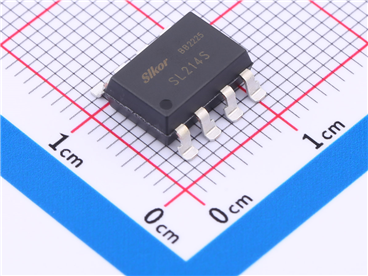
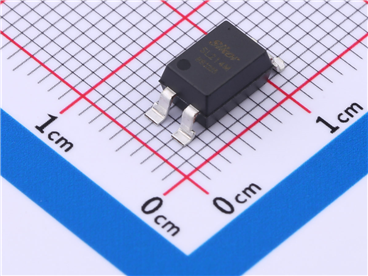
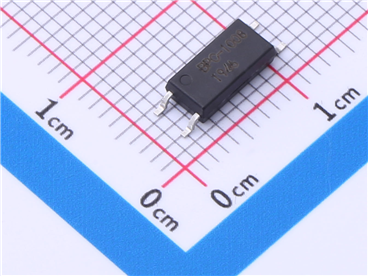
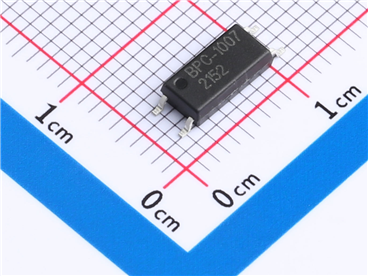
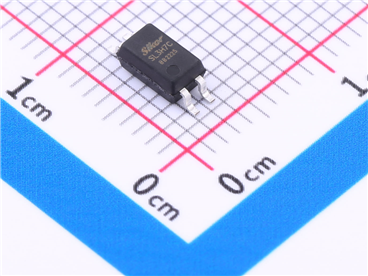

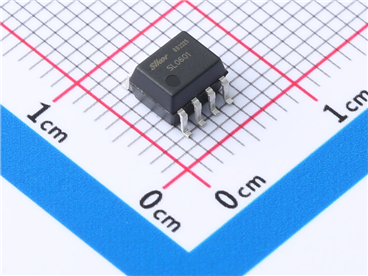


Site Map | 萨科微 | 金航标 | Slkor | Kinghelm
RU | FR | DE | IT | ES | PT | JA | KO | AR | TR | TH | MS | VI | MG | FA | ZH-TW | HR | BG | SD| GD | SN | SM | PS | LB | KY | KU | HAW | CO | AM | UZ | TG | SU | ST | ML | KK | NY | ZU | YO | TE | TA | SO| PA| NE | MN | MI | LA | LO | KM | KN
| JW | IG | HMN | HA | EO | CEB | BS | BN | UR | HT | KA | EU | AZ | HY | YI |MK | IS | BE | CY | GA | SW | SV | AF | FA | TR | TH | MT | HU | GL | ET | NL | DA | CS | FI | EL | HI | NO | PL | RO | CA | TL | IW | LV | ID | LT | SR | SQ | SL | UK
Copyright ©2015-2025 Shenzhen Slkor Micro Semicon Co., Ltd